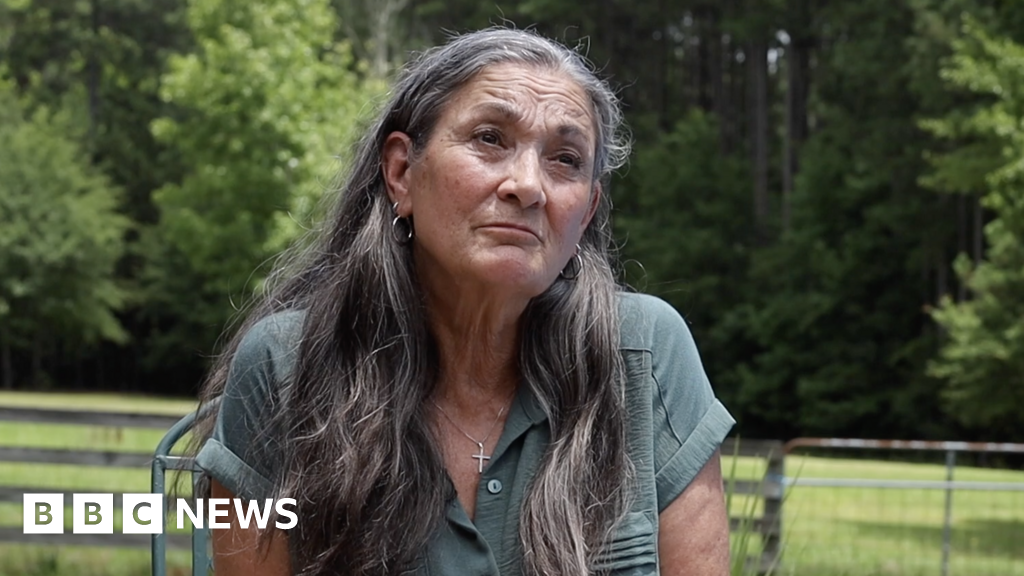“Our goal is that by 2030, we’ll be putting more water back into the watersheds and communities where we’re operating data centres, than we’re taking out,” says Will Hewes, global water stewardship lead at Amazon Web Services (AWS), which runs more data centres than any other company globally.
How can this possibly make sense? Mine owner says, “by 2030 we’ll be putting more gold into the ground than we’re taking out!” I can only assume this is some carbon credits style of nonsense.
The company commissioned an independent groundwater study to investigate Morris’s concerns. According to the report, its data center operation did “not adversely affect groundwater conditions in the area”.
I’ve lived with well water. You must filter it and test it regularly because it changes. It can also go dry.
Edit:
The article is also claiming humid areas are good for evaporative cooling, which is incorrect.
Also that above ground runoff is affecting a well is hard to believe. Wells are deep enough that natural filtration removes any sediment.
The whole article is questionable.
But combine that with someone
dumping thousands of gallons of wastewater into the groundbasically across the street and weirder things are going to happen.EDIT: Yeah, I don’t think they are dumping water into the ground. Scratch that out. These datacenters DO use lots of water, as in millions of gallons per day, the concern there is more about how the public utilities and incentives were structured. [Quote for millions comes from Kate Crawford’s Atlas of AI book, but the link was the the first data I could source, which looks less than that.]
I’m now thinking this article may be more about the person not liking the datacenter than it specifically affecting the well. Could construction cause some extra sediment to clog up the well intake? Seems likely.
I can’t find evidence that datacenters dump water into the ground.
Does mention it is passed to a treatment facility, some is treated on campus, and other is stored.
So according to epa report it was not expected to affect local groundwater.
I thought I found something earlier that alluded to it, but Lemmys on my phone and doing any real research is always annoying on it. I can try to find something. I know they do release very significant amounts of wastewater though. But whether that’s all back on public utilities or how it’s but back in the ground is unclear. I’ll see I can find anything specific.
I have to filter the local water too because it’s very hard and tastes like crap. Hilariously the filter will eventually start to grow algae
The article isn’t clear about the mechanism by which the data center is supposedly affecting the woman’s well. Is the data center using well water, depleting the supply of ground water in the area? Or is the claim that the construction disturbed the geology enough to cause problems with flow and sediment in a well 366 meters away? Does anyone know or have theories?
Both of my parents assisted the BBC with this article. Super proud of their ongoing efforts to fight against data centers.
It’s really sad how local town councils are selling out their citizens for perceived personal gain, capitulating to companies who could easily afford to create their own infrastructure to support these facilities, but refuse to do so because of greed. trump admin will only embolden them through easing regulations and removing all accountability for the impacts they have.


